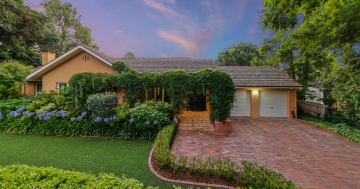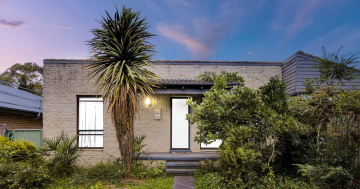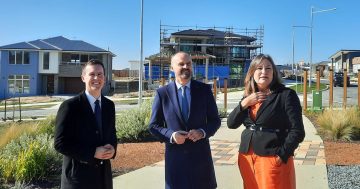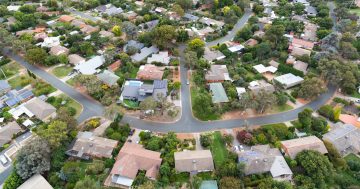The Liberals’ Zed Seselja is hooting and hollering over new data he’s obtained showing the average first house now costs more than $400,000, with the median at $395,000.
“The average first home now costs more than $400,000, with the median price up to $395,000” Mr Seselja said.
“We also know the average home has around $190,000 in tax alone.
“These numbers are further evidence that first home buyers are suffering under the ACT Labor Government.
“First home buyers are being locked out of the housing market under ACT Labor due to restricted land supply, a broken planning system, poor infrastructure delivery, high taxes and a lack of competition.
“The Canberra Liberals believe the solutions to these problems should include a genuine land bank, which would have a pool of land ready to release, infrastructure improvements, taxation reform, streamlining the planning system and improving competition in the market.
“Since ACT Labor came to power, property rates and charges have increased by over 75 percent and rents have increased by 68 percent.
“Coupled with huge electricity and water bills, Canberrans are hurting financially more than ever before, and are finding it harder and harder to enter the housing market as a result.





















